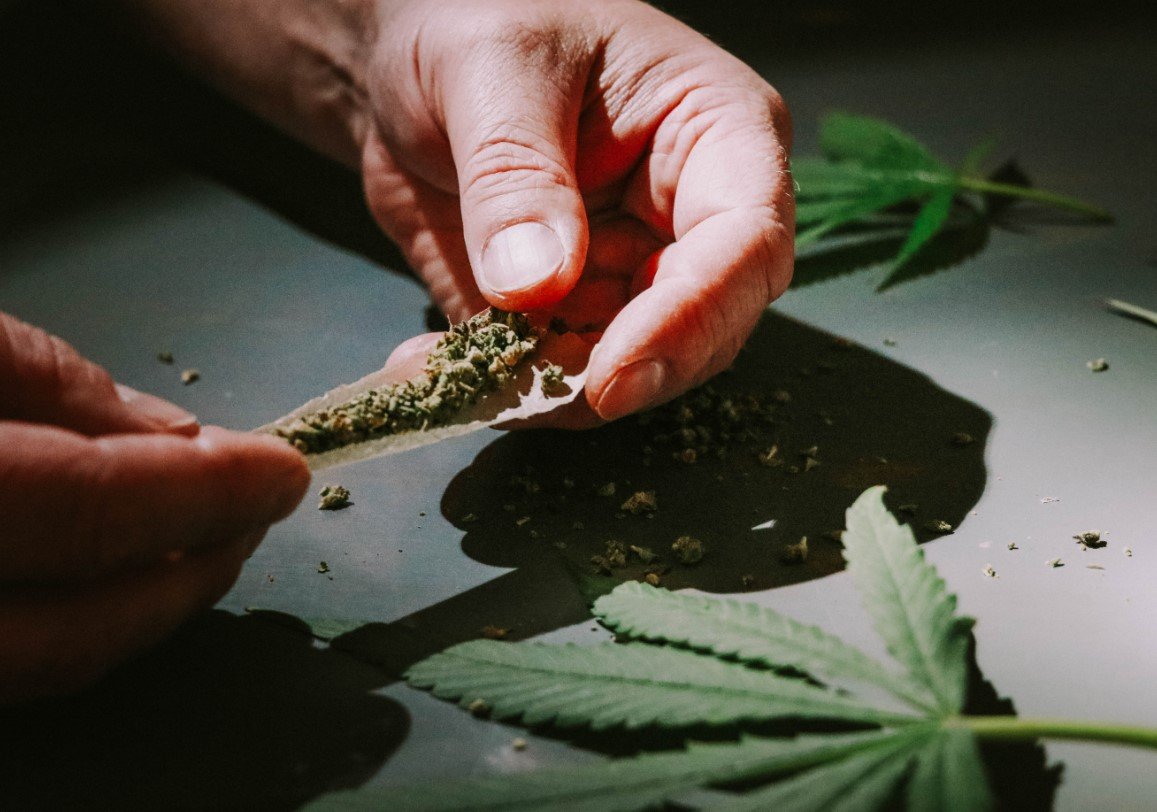Thailand, the first country in Asia to legalize cannabis, is facing a public outcry over the widespread availability and abuse of the drug, especially among young people. The government is now considering a draft bill that would prohibit the use of cannabis for recreational purposes, while allowing it for medical reasons.

Thailand legalized cannabis in 2022 with high hopes
Thailand legalized cannabis in 2022, following the lead of the Bhumjaithai Party, which campaigned on the promise of making cannabis a new cash crop for the poor farmers in the Northeast. The party’s leader, Anutin Charnvirakul, became the health minister and pushed for an amendment to the Narcotics Law that removed cannabis from the list of controlled drugs.
The legalization of cannabis was seen as a progressive and bold move by Thailand, which had previously imposed harsh penalties for drug offenses. The government hoped that legal cannabis would boost the tourism and farming sectors, as well as provide health benefits to patients suffering from chronic pain, epilepsy, and cancer.
The Health Ministry issued regulations that made cannabis a “controlled herb” that required a license for cultivation or sale, and banned online sales, sales to pregnant women and minors, and public consumption. However, the enforcement of these rules was lax, and cannabis products became easily accessible to anyone, either through unlicensed shops or online platforms.
Thailand faces a backlash over cannabis abuse and violence
The legalization of cannabis soon backfired, as the media reported numerous cases of cannabis-related violence and addiction, especially among young people. The Health Ministry recorded a surge in people seeking treatment for cannabis-induced psychological problems, from more than 37,000 patients in fiscal year 2022 to more than 63,000 patients in 2023. Other studies showed that more young people were using cannabis, and that cannabis use was linked to lower academic performance and higher dropout rates.
The public opinion on cannabis also shifted, as many people expressed concerns about the negative impacts of the drug on the society and the youth. A survey conducted by the National Institute of Development Administration in January 2024 found that 63% of the respondents supported banning recreational cannabis use, while only 27% opposed it.
The government also faced pressure from the opposition parties, the anti-drug agencies, and the medical community, to tighten the control over cannabis and limit it to medical use only. The opposition Move Forward Party, which has a medical doctor as one of its lawmakers, said that cannabis has economic and health benefits, but only if it is regulated properly and used responsibly.
Thailand proposes a draft bill to ban recreational cannabis use
In response to the growing criticism, the Health Minister Chonlanan Srikaew said last week that he had recommended a draft bill to the Cabinet that would ban recreational cannabis use while allowing medical use. The Cabinet is expected to approve the draft bill and send it to the Parliament soon, where it is likely to receive broad support from all major parties.
The draft bill would make using cannabis “for entertainment or pleasure” a crime punishable by a fine of 60,000 baht (about $1,700). It would also allow medical cannabis use, but with stricter rules and regulations, such as requiring a prescription from a licensed doctor, and limiting the amount and potency of the cannabis products.
The draft bill would also grant some exemptions and transitional periods for certain products and uses, such as:
- The disodium salt of bisphenol A (BPA) for the manufacture of polysulfone resins for plastic food contact membranes, provided that its migration into food is not detectable.
- The synthesis of BADGE (a derivative of BPA) for the manufacture of heavy-duty varnishes and coatings for materials and articles with a capacity of more than 250 liters, provided that the migration of any residual BPA into food is not detectable.
- Long-life products, such as processing gaskets, for up to 10 years.
The draft bill would also state that the unintentional presence of BPA in recycled materials is not prohibited, but it should be monitored and reported by business operators and member states.
The draft bill is part of the government’s efforts to address the public concerns and restore the order and safety in the cannabis market. The government also hopes that the draft bill would balance the interests of the farmers, the patients, and the society, and that it would reflect the latest scientific evidence and international standards on cannabis.








